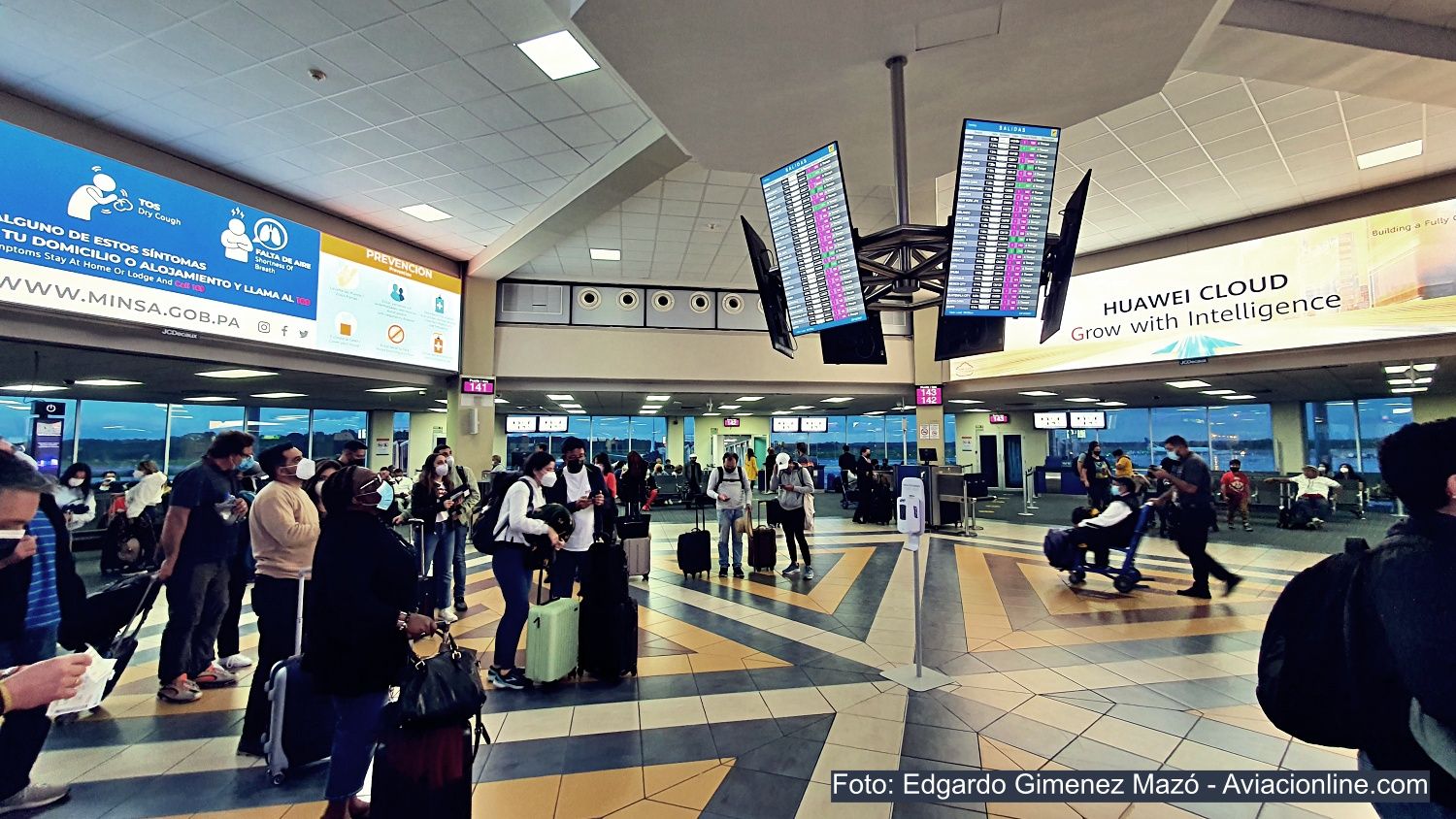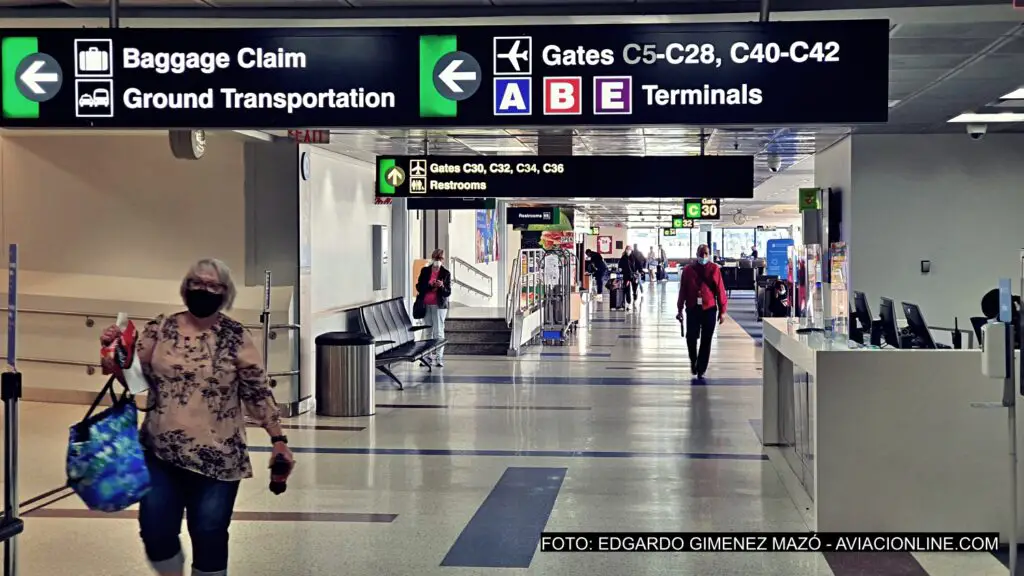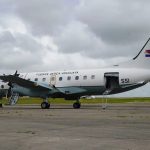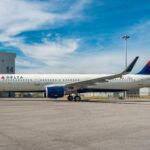IATA (International Air Transport Association) warned today Dec 2, that the imposition of travel restrictions by governments, still against the recommendation of the World Health Organization, may threaten the recovery of the airline industry.
This message was given on the occasion of the unveiling of October 2021 statistical data, which showed an overall improvement in both domestic and international markets, always versus 2020, since compared to 2019 the demand was 49.4% down.
On the domestic front, the demand fell by 21.6% versus October 2019, improving on September’s 24.2% drop. International markets for their part were 65.5% down, an improvement of four percentage points compared to the drop reported in September.
The Americas continued to show the strongest recovery performances, with demand declines of just 26.3% in North America and 33.6% in Latin America, with the latter also having the best load factor, which stood at 80.9%.
«October’s traffic performance reinforces that people want to travel when they are allowed to. Unfortunately, governments’ response to the Omicron variant is placing at risk the global connectivity that has taken so long to rebuild,» said Willie Walsh, IATA Director-General.
The Latin American international market fell 55.1% versus October 2019, a six-point improvement compared to September. Capacity did so by -52.5%, while the occupancy factor reached 76.9% (-4.3 pp).
In Europe, international traffic fell 50.6%, down six percentage points from September. Capacity fell -41.3%, while the occupancy factor dropped by 13.7 percentage points to 72.5%.
North American airlines recorded a 55.1% drop in international demand, down six points from September. Capacity fell 52.5% and the occupancy factor stood at 76.9% (-4.3 pp).

«The lifting of U.S. restrictions on travel from some 33 countries last month raised expectations that a rise in pent-up travel demand would drive traffic during the coming northern hemisphere winter. But the emergence of the Omicron variant prompted panic in many governments, once again restricting or eliminating freedom to travel, despite the WHO’s clear warning that » overall travel bans will not prevent international spread and impose a heavy burden on lives and livelihoods,» Willie Walsh added.
«The logic of WHO’s advice became clear only a few days after the identification of Omicron in South Africa, with its presence already confirmed on every continent. Unwise travel bans are as ineffective as closing the barn door after the horse has escaped,» he concluded sharply.














